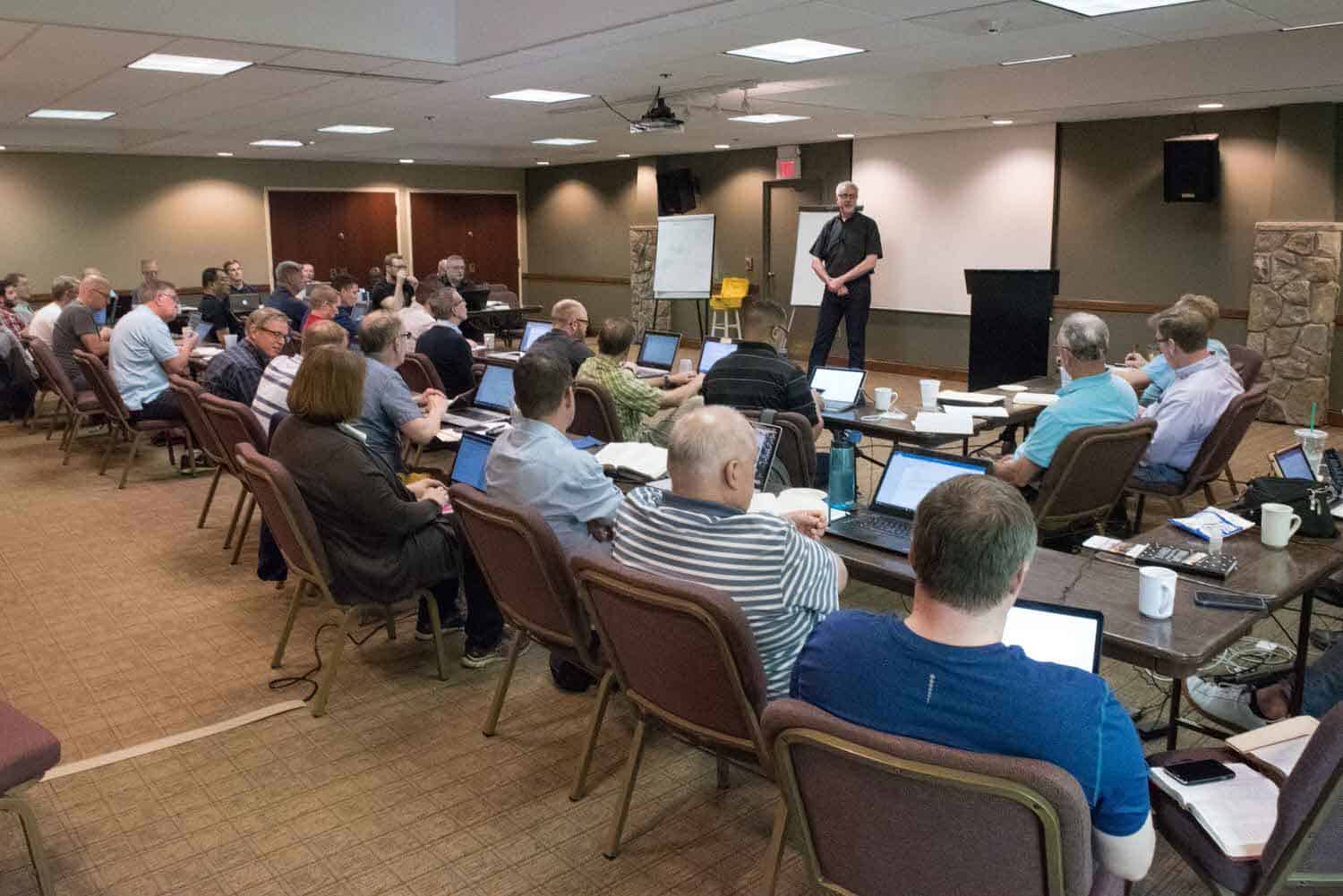Two Questions Every Sermon Must Answer


I just got back from my annual study break with a group of pastors. If you don’t know about that, you should consider starting one yourself. It’s one of my favorite weeks of the year. You can read about it here and here.
A scholar works through a section of Scripture with us. We then discuss how we’d preach it.
During the discussion, I’m always impressed with two aspects of sermon preparation that deserve more attention than they receive.
What’s the Central Idea?
We’re never ready to preach a passage of Scripture until we can clearly communicate the central idea of the text. Haddon Robinson has written about this extensively in his book Biblical Preaching, and Mark Mitchell has written a guide to finding the central idea of a text and sticking to it.
When the scholar sits down, we spend quite a bit of time discussing the big idea of the text. If I walk away understanding these ideas, I’m well on my way to having a set of sermons that I can preach. I love working on these big ideas with others.
Until we build a sermon around the central idea of the text, we’re not ready to preach. But there’s one more step.
What Are the Sticking Points?
Invariably we’ll come up with a big idea. It sounds right. But then one of us, who pastors in a post-Christian area, will say something like, “That just won’t wash where I live.”
It’s one thing to discover biblical truth. It’s another thing to understand how to communicate it in a culture that will have a hard time hearing it.
Once we discover biblical truth, we need to analyze it from the perspective of the audience that will hear it and ask a couple of questions:
- What will make them fall asleep?
- What will make them object?
We’re looking for both yawns and fists. We need to understand how to make the truth compelling, and we also need to anticipate objections and to respond to them. Sometimes we discover that our big idea is a platitude that needs revisiting. Other times we need to show why the truth is important. Other times we need to answer objections or just acknowledge that it’s a hard truth to swallow.
We don’t change the truth to be palatable, but we must understand how to communicate the truth to an audience that will have a hard time hearing it.
When we discover the central idea of the text, and then understand the sticking points that will make it hard to communicate, we’re well on our way to preparing a compelling sermon. Skip either one of these points, and we’ll run into significant problems. Good preaching is faithful to the text, and knows how to communicate it to a particular audience.






